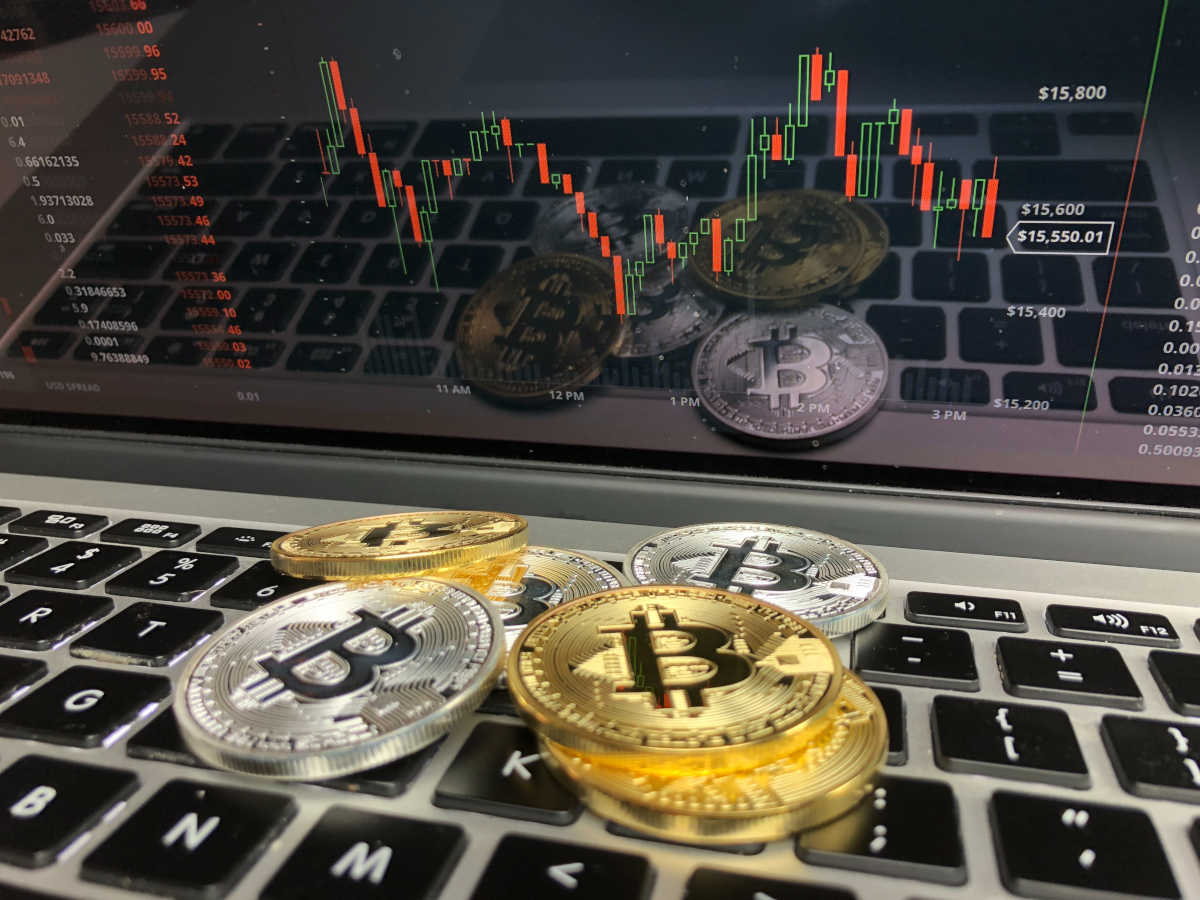Cryptocurrencies have been quite the controversial issue in South Korea. It is not strange that a country that shows such a vast interest in cryptocurrencies will also have a few qualms to address. However, in the medley of speculation and fact, a few myths have been forged and we are here to address this.
South Korea has seen quite a bit in recent where its cryptocurrencies are concerned. The nation’s citizens have been quite readily plonking down ready money on these digital assets of gold, oblivious of any risks. This is understandable. South Korea has long been the pioneer of digital innovation, from hardware to digital.
In the past months, a number of things have happened in South Korea, concerning cryptocurrencies. We have witness the private death of a crypto cop who has been working on introducing an intricate network of regulations.
Still South Korea is quite happy to beat on and accept transactions of all sorts of digital assets. The uncertainty that surround the markets, however, is still present. Even though the country refrained from banning every bit of digital asset en masse, there are still unknown as to the future.
Some are upbeat while other remain reserved in their expectations. With legislation definitely looming over the sector, nothing is quite certain. People will be preparing for a choppy future where the only safe harbour may be only the government. With the recent controversy in the matter, though, it is time to address some of the most controversial issues and put an end to speculations and scaremongering. Here are the facts:
Crypto Cop Dies in their Home
Fact. Jung Ki-joon was a high-ranking officer in the cryptocurrency department of South Korea. His death came at a point when the country was working (and still is) to bolster the regulatory and legal framework for trading such assets. Mr Jung’s work was important as it was going to stay the course of how cryptocurrencies are going to be perceived by the government.
One of the main issues that everyone has been trying to decide is whether Initial Coin Offerings (ICOs) should be banned. Apparently, that will be a heavy blow to the industry. Blockchain innovation can be stopped in its tracks leading to a let-up in the development of swift and efficient banking solutions. This will relegate South Korea to second place in a region where countries and interesting parties are openly and privately trying to advance their own cause.
As a result, blockchain companies in South Korea may need to separate their operations and focus on the ones that will actually help them advance in terms of technology. As regulation struggles to find its true mark, so will South Korea’s innovation be in peril.
Mar 04, 2018
The Realities of Cryptocurrencies in South Korea



Comments (No)